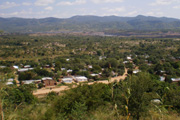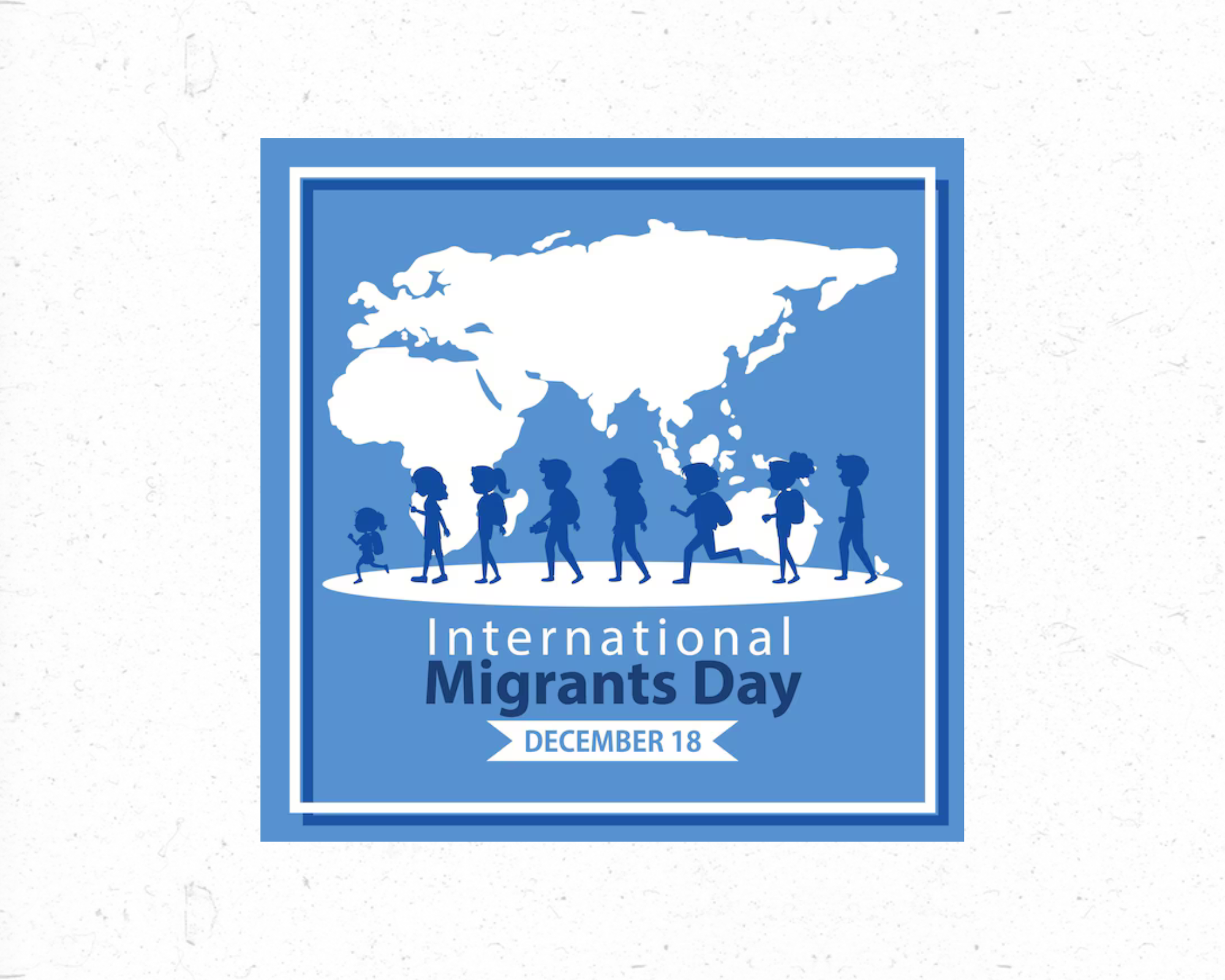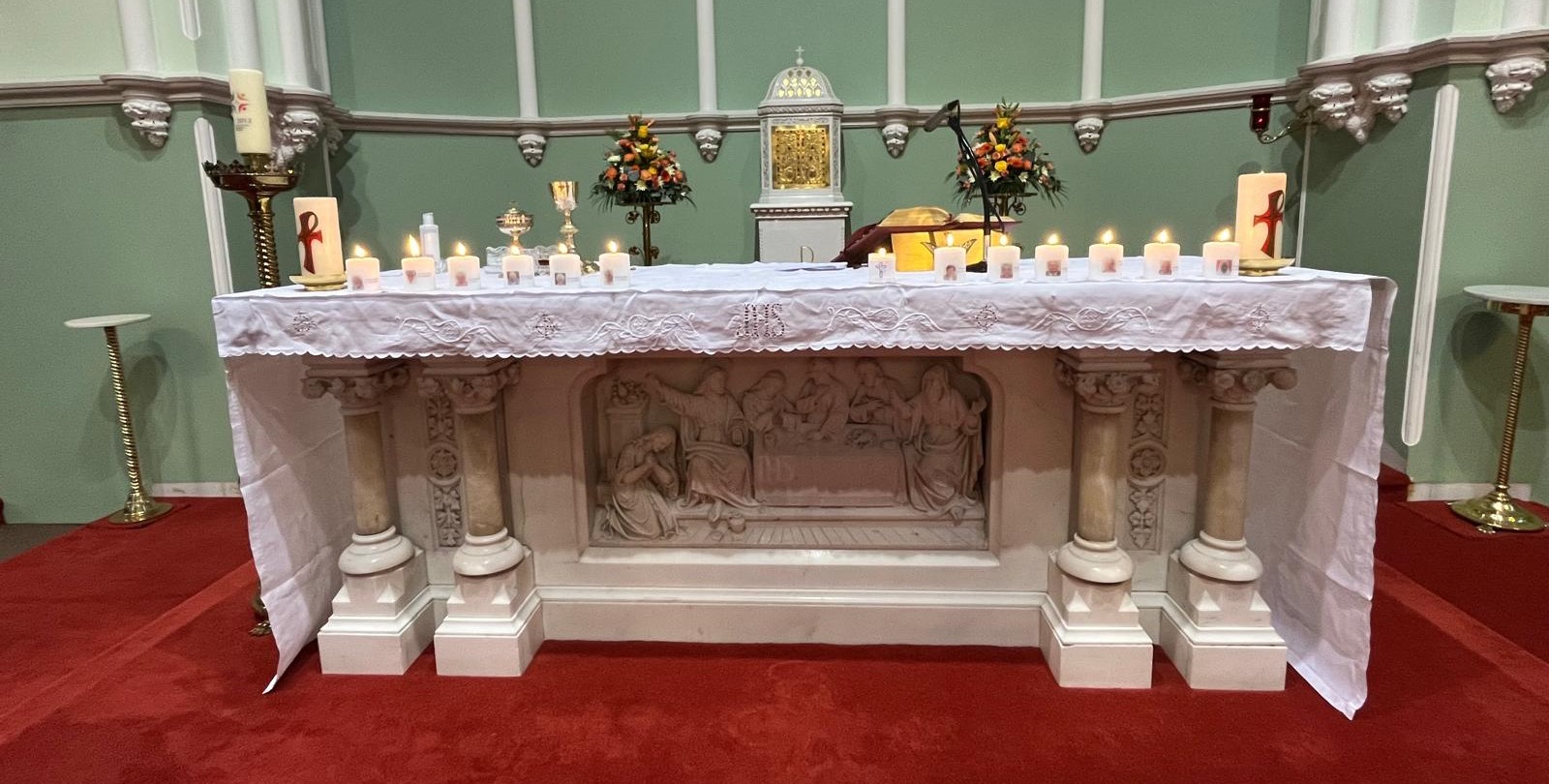
 In this article Sr Patricia Banda recounts a typical nurses’ shift at Maamba Hospital in Zambia…
In this article Sr Patricia Banda recounts a typical nurses’ shift at Maamba Hospital in Zambia…
It is Tuesday morning and already eight o’clock after night nurse hand over. I have several things to do; check vitals, change dressings, take four patients to the theater, take lab specimens, give medications, start a blood transfusion, give discharge plans and admit new patients. I have twenty six patients and they all have a mid-morning medication each. I make three trips to the duty room for one or other medical supplies for use.
The first gentleman I visit has five pills. He has difficulty swallowing them, so I circle the unit to find the pill crusher. Finding none l end up using a bottle to crush them. The patient has retroviral disease in its late stage and system failure as a result. “Thank you nurse,” he says with a weary smile. I help the wife to sit him up to spoon his medication in his mouth. I stand there for a while to give the wife and him words of support and encouragement.
I count my paces up and down the corridor. I do forty steps to fetch the four patients for their wound dressings. Another twenty five steps to move around in getting medical supplies and clean medical instruments. Each of my surgical patients is happy with the healing process of their wounds and wonders aloud when they could be discharged. I reassure each of them that once the doctor is satisfied with their wounds they would go home. One of them would now have been two months in hospital and worried about his field and home especially with school going children.
We all have something to help us through the shift. I count my steps; I bless each patient as l pass their bed with a reassuring smile for my patients and their relations.
Malambo, the lab aide, hums under his breath as he comes up the corridor, bringing me the lab results.
As l pass the nurses’ station l find two new patients for admission. I take time to assess their condition and look over their admission notes. I ask the ward aide to make two beds one on the surgical side and the other on the medical side.
I go into a patient’s room to hang up his blood transfusion. As I pass the nurses’ station again, three people call my name. The physical therapist wants to know when he can work with a patient with a fractured hip, a relative comes to tell me my post-op patient is ready to be picked up and at the same moment the resident doctor walks in to do his rounds of patients.
Now its eleven thirty, and I have twenty-six things to do. Admit new patients, set up bladder irrigation, give a tube feeding, collect various lab specimens, start an intravenous infusion. Charting and more charting; nurses’ notes, intake and output, patient discharge plans. At the rate I’m falling behind, I’ll be done with this day by 14 hours Thursday.
I go back into the patient’s room to see if his blood transfusion is finished. He keeps his eyes closed while I take another set of vitals. I try to be quiet, but he wakes up anyway. “Are you okay?” I say. “Having pain again?” He shakes his head, lifts one pale hand from under the blankets to say thank you.
Just then there is screaming from the next bay where a patient with chronic liver cirrhosis has just collapsed. He was 60 years of age and his prognosis had been poor from admission. The treatment was largely supportive to relieve discomfort of breathing.
The blood transfusion Patient waves his hand at the empty bag of blood hanging on the pole next to the bed. “I’m not going to get better, am I? This is it, I think.” His voice is shaky, and he sniffs in a tired way. I give him three pats on the back. He reaches under his pillow for his handkerchief; his table is empty except for a cup and pitcher of the local sweet drink.
He’s crying silently, tears leaking from his eyes and down his face. All the tasks, all the numbers fly from my head. The enormity of it is beyond the range of my calculations. Counting won’t help. Five minutes of empathy won’t help. I put my hand on his shoulder. It’s all I can think to do. “I’m going to stay with you for a few minutes”.
Suddenly I know why I’m here. Not for the tasks, the chores, the pills and blood transfusions and moving patients onto a stretcher and off again, preparing dead bodies for the mortuary but for this moment. Just to be with someone and be present with them in their suffering and show solidarity. Each patient is real human being with real needs and not a number or a case to be sorted out.
Our patients need a skilled nurse with competencies and efficiency but in the end they value a nurse with soft human skills such as empathy, listening, non-judgmental attitude and individualized care.







